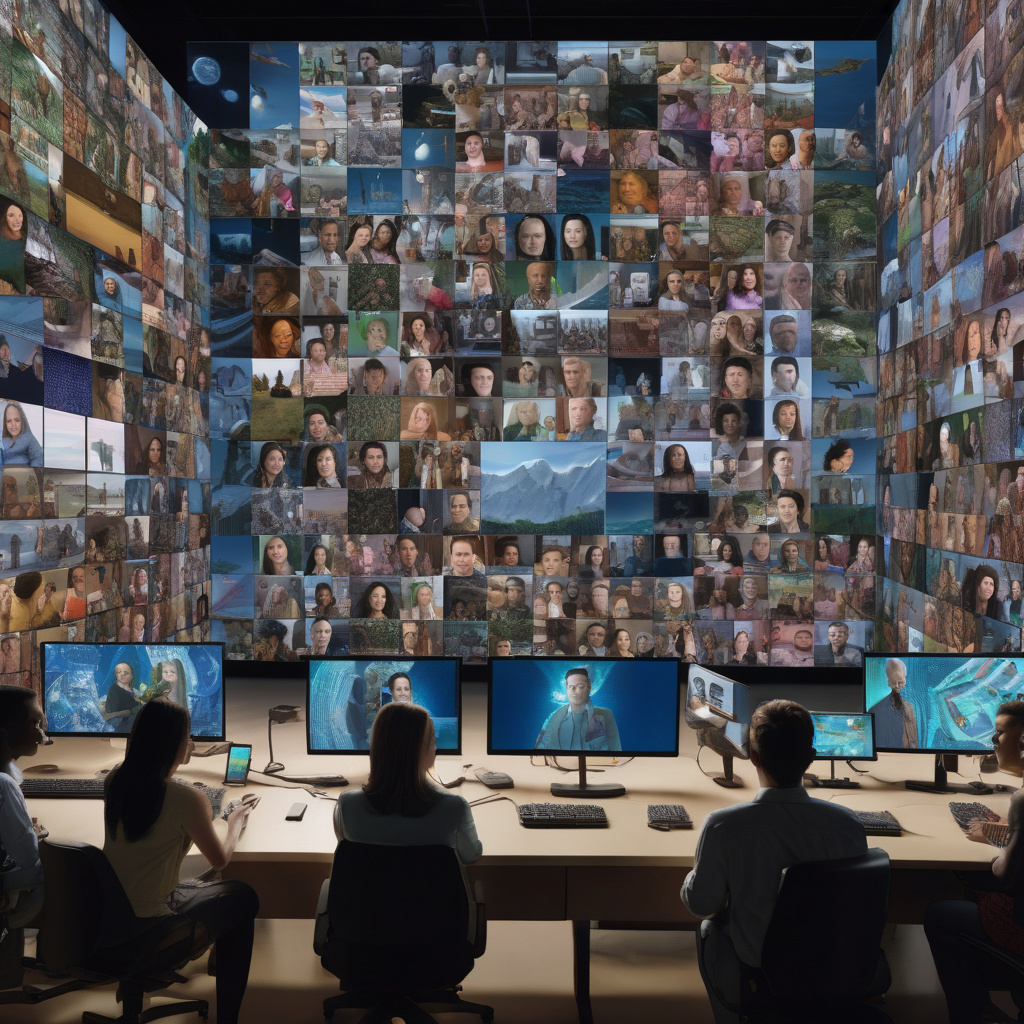OpenAI’s Image Generator Now Available to All Users: Addressing Concerns Over Copyright and Misuse
OpenAI, the trailblazing artificial intelligence company, has recently made waves in the tech world with its decision to provide free access to its image generation tool for all users. This move marks a significant milestone in democratizing access to advanced AI capabilities, allowing individuals across the globe to harness the power of machine learning for creative purposes. While this development has been met with enthusiasm from many quarters, it has also raised important questions around copyright issues and potential misuse of the technology.
The image generation tool, powered by OpenAI’s cutting-edge GPT-3 language model, enables users to generate highly realistic images from textual descriptions. This groundbreaking technology has the potential to revolutionize various industries, from graphic design and marketing to gaming and virtual reality. By opening up access to this tool, OpenAI is empowering a new wave of creators and innovators to explore the possibilities of AI-driven image generation.
However, alongside the excitement surrounding this announcement, concerns have been raised regarding the implications of widespread access to such advanced AI capabilities. One of the primary concerns is the potential for copyright infringement, as users may inadvertently or intentionally generate images that bear a resemblance to existing copyrighted material. This raises complex legal questions around ownership and intellectual property rights in the digital age.
Furthermore, there is a risk of misuse of the image generation tool for malicious purposes, such as creating deceptive or harmful content. Deepfakes, which are realistic but fabricated images or videos, have become a growing concern in the era of AI-generated media. OpenAI has been proactive in addressing these risks, implementing safeguards and monitoring mechanisms to detect and prevent misuse of its tools.
In response to these concerns, OpenAI has reiterated its commitment to upholding ethical standards and respecting intellectual property rights. The company has stated that it will take swift action against any violations of copyright or misuse of its technology. By proactively addressing these issues and emphasizing the importance of responsible AI usage, OpenAI aims to ensure that its image generation tool is leveraged for positive and constructive purposes.
As users begin to explore the possibilities of OpenAI’s image generation tool, it is essential for them to be aware of the ethical considerations and legal implications involved. By exercising caution and adhering to best practices, creators can harness the power of AI in a responsible manner that respects the rights of others and upholds ethical standards.
Ultimately, the expansion of access to OpenAI’s image generation tool represents a significant step forward in the democratization of AI technology. By making advanced machine learning capabilities available to a broader audience, OpenAI is fostering innovation and creativity on a global scale. As users navigate the exciting possibilities of AI-driven image generation, it is crucial for them to do so with a keen awareness of the ethical and legal considerations at play.
In conclusion, OpenAI’s decision to expand access to its image generation tool holds immense potential for driving progress and innovation in the digital landscape. By addressing concerns around copyright and misuse head-on, OpenAI is setting a precedent for responsible AI development and usage. As the technology continues to advance, it is crucial for users to approach AI tools with a sense of responsibility and mindfulness, ensuring that the benefits of AI are harnessed in a manner that aligns with ethical principles and legal frameworks.
OpenAI, Image Generator, AI, Copyright, Misuse
